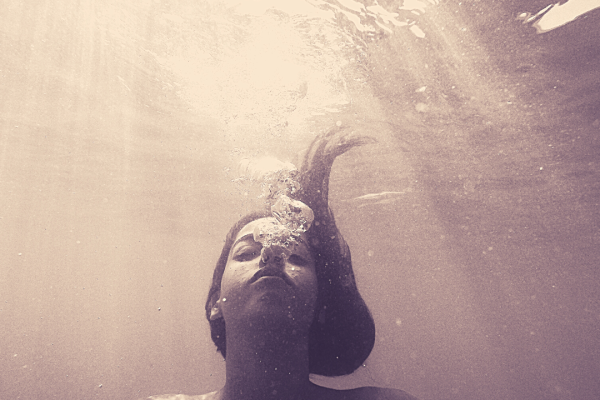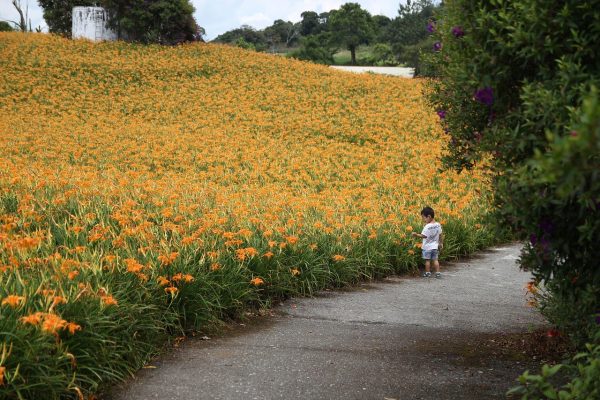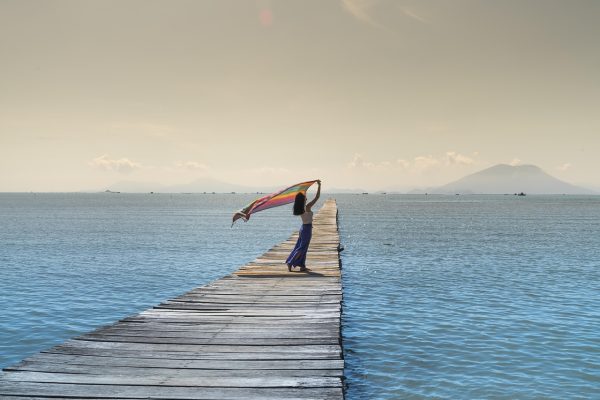“This shall be the ritual for the quarantined person at the time of purification” (Lev 14:2)
This ritual is loosely based on a variety of rituals: waking in the morning, emerging from shiva, recovering from an illness, and the biblical rituals of purification from tzara’at (leprosy).
1) Make an offering of tzedakah (ideally to a tzedakah that promotes health and healing)
2) Take a bowl of water and go to the doorpost of your home. Dip your fingertips in the bowl of water and sprinkle the water seven times on the ground (loosely based on Leviticus 14:7).
3) Recite the following prayer:
אֱלהַי. נְשָׁמָה שֶׁנָּתַתָּ בִּי טְהורָה הִיא. אַתָּה בְרָאתָהּ. אַתָּה יְצַרְתָּהּ. אַתָּה נְפַחְתָּהּ בִּי. וְאַתָּה מְשַׁמְּרָהּ בְּקִרְבִּי. וְאַתָּה עָתִיד לִטְּלָהּ מִמֶּנִּי. וּלְהַחֲזִירָהּ בִּי לֶעָתִיד לָבוא. כָּל זְמַן שֶׁהַנְּשָׁמָה בְּקִרְבִּי מודֶה אֲנִי לְפָנֶיךָ ה’ אֱלהַי וֵאלהֵי אֲבותַי. רִבּון כָּל הַמַּעֲשים אֲדון כָּל הַנְּשָׁמות: בָּרוּךְ אַתָּה ה’ הַמַּחֲזִיר נְשָׁמות לִפְגָרִים מֵתִים:
My God, the soul which you have placed within me is pure. You have created it; You have formed it; You have breathed it into me. You preserve it within me; You will take it from me, and restore it to me in the hereafter. So long as the soul is within me, I offer thanks before You, Lord my God and God of my fathers, Master of all creatures, Lord of all souls. Blessed are You, Lord, who restores souls to the dead.
4) Perform netilat yadayim (ritual handwashing) – splashing water on each hand three times (loosely based on Lev 14:8).
5) Optional: The person can take a walk around the block.
6) Optional: The person may immerse in a mikveh (ritual bath).
7) Ideally the person should attend synagogue and offer the gratitude blessing. If not possible, recite this blessing in the presence of friends or family at home or virtually:
The supplicant recites:
בָּרוּךְ אַתָּה ה’ אֱלֹהֵינוּ מֶלֶךְ הָעוֹלָם הַגּוֹמֵל לְחַיָּבִים טוֹבוֹת שֶׁגְּמָלַנִי כָּל טוֹב
Barukh ata Adonai, Eloheinu melech ha-olam, ha-gomel l’chayavim tovot she-g’malani kol tov.
Blessed are You, Lord our God, ruler of the world, who rewards the undeserving with goodness, and who has rewarded me with goodness.
The congregation responds:
מִי שֶׁגְמַלְךָ כֹּל טוֹב הוּא יִגְמַלְךָ כֹּל טוֹב סֶלָה
Mi-she-g’malkha kol tov, hu yigmalkha kol tov, selah.












